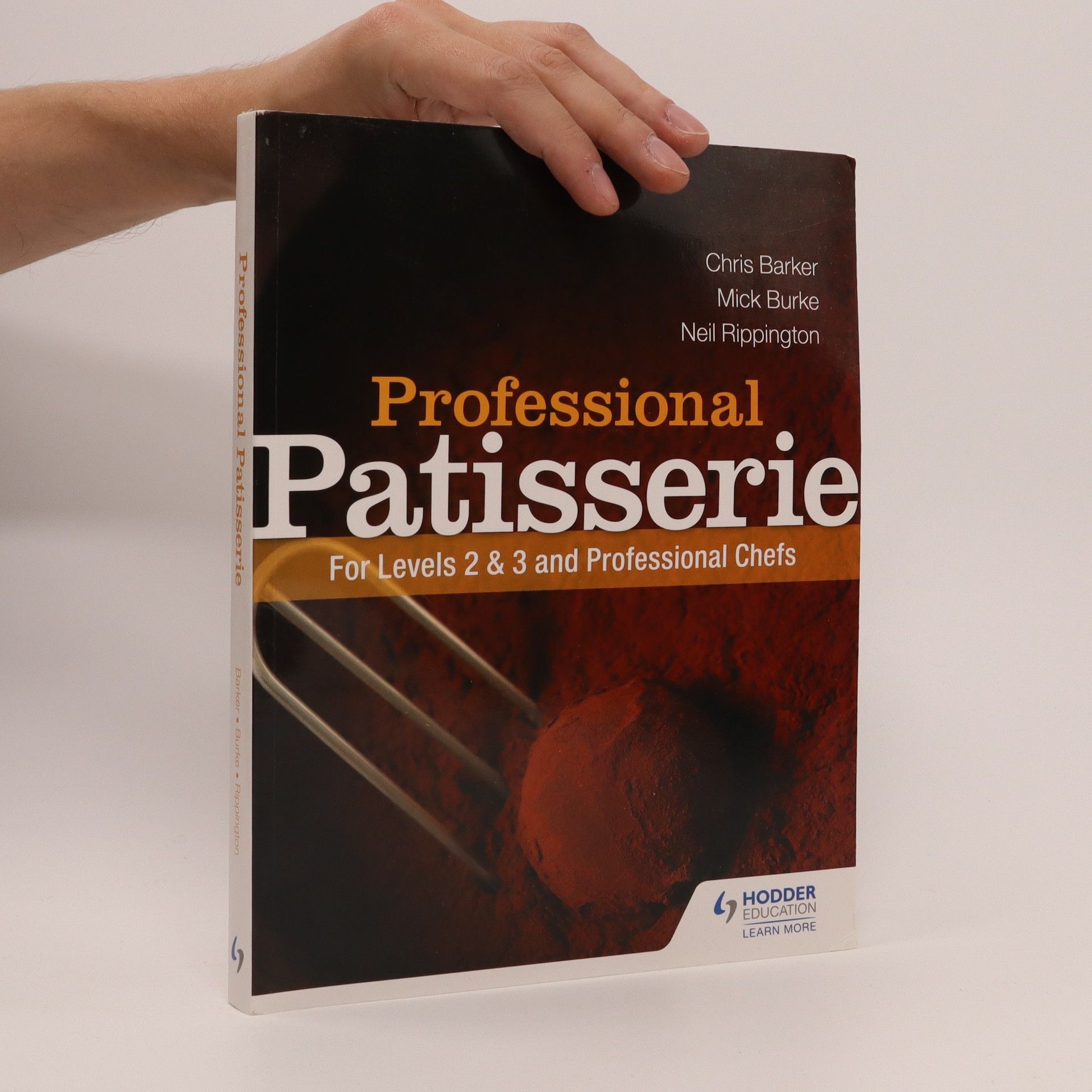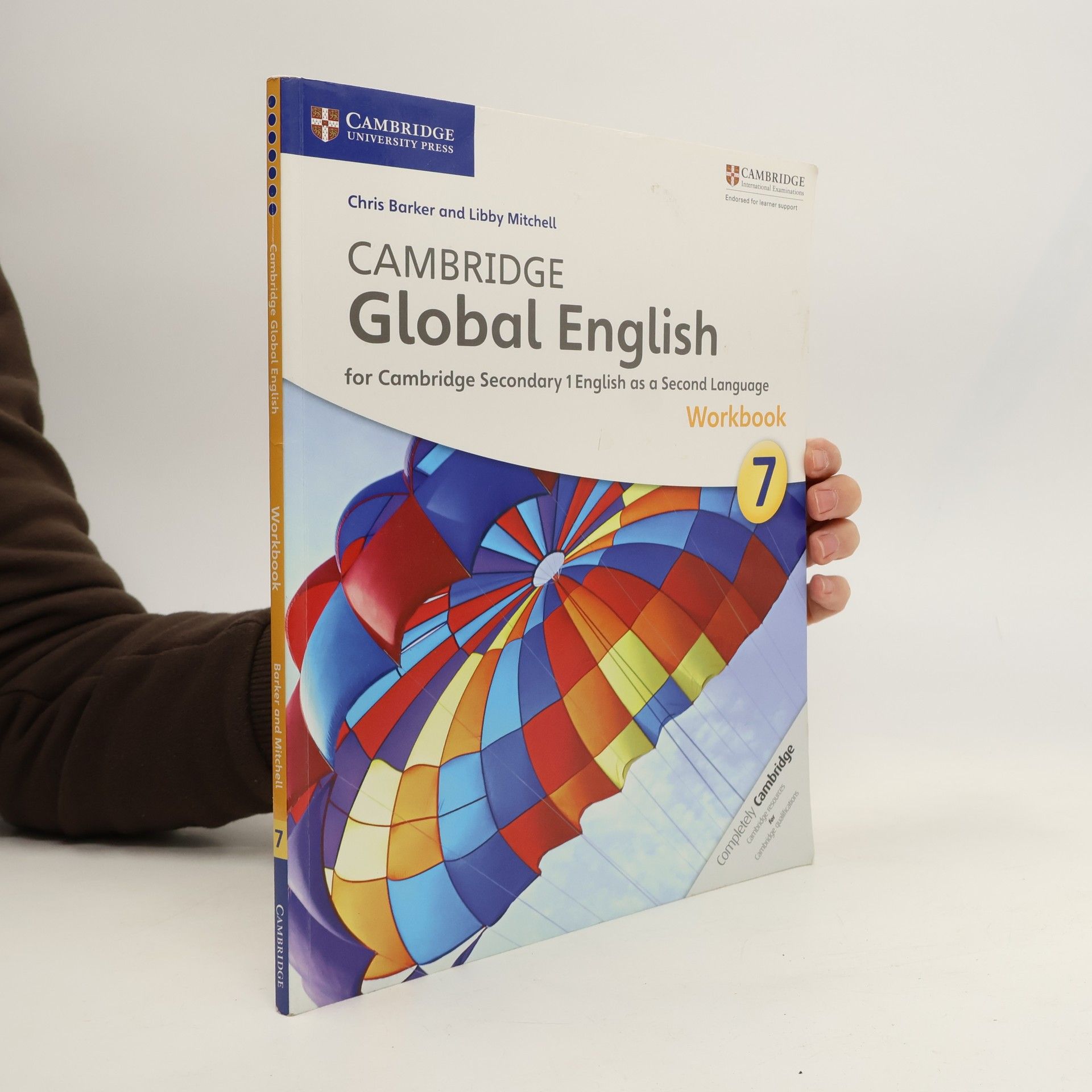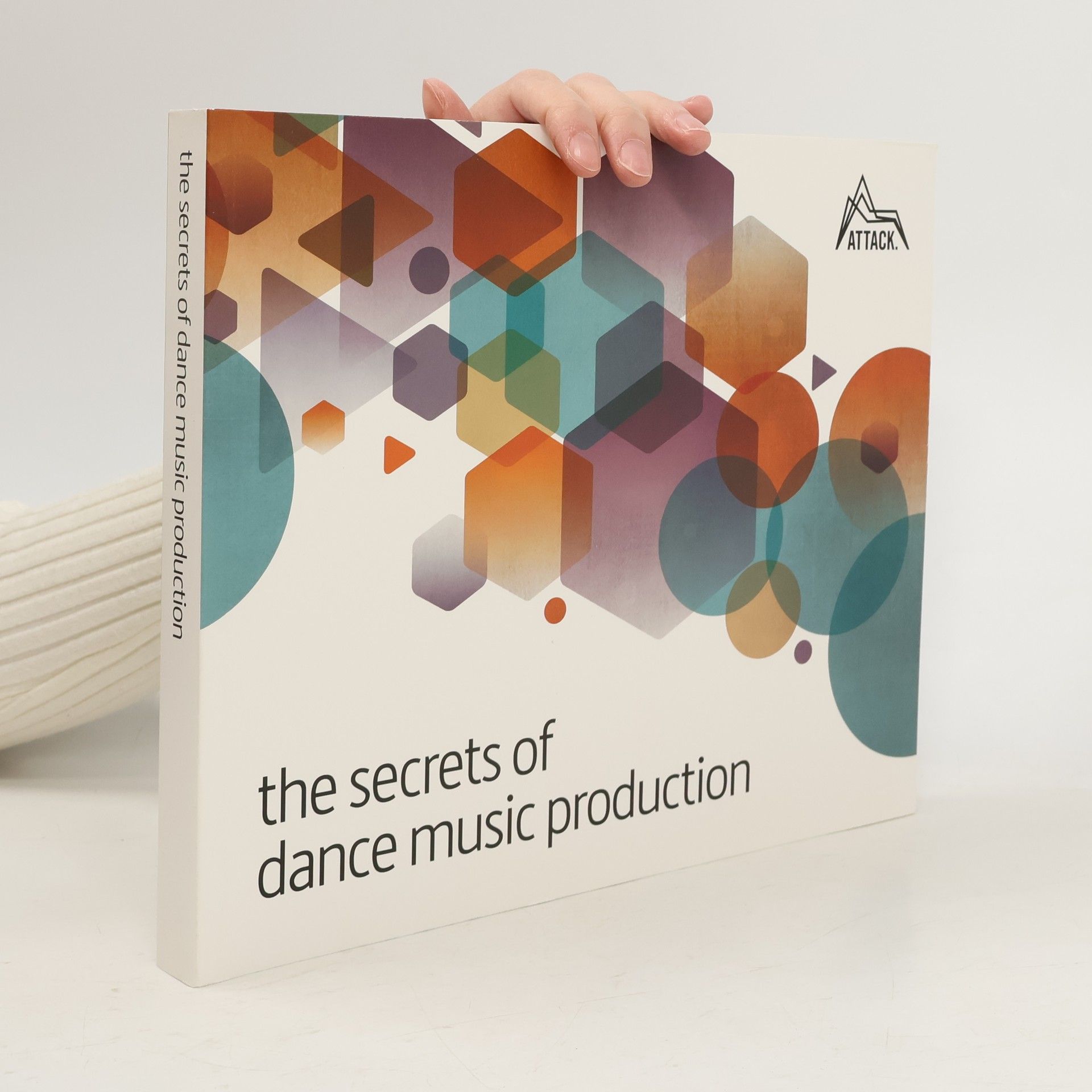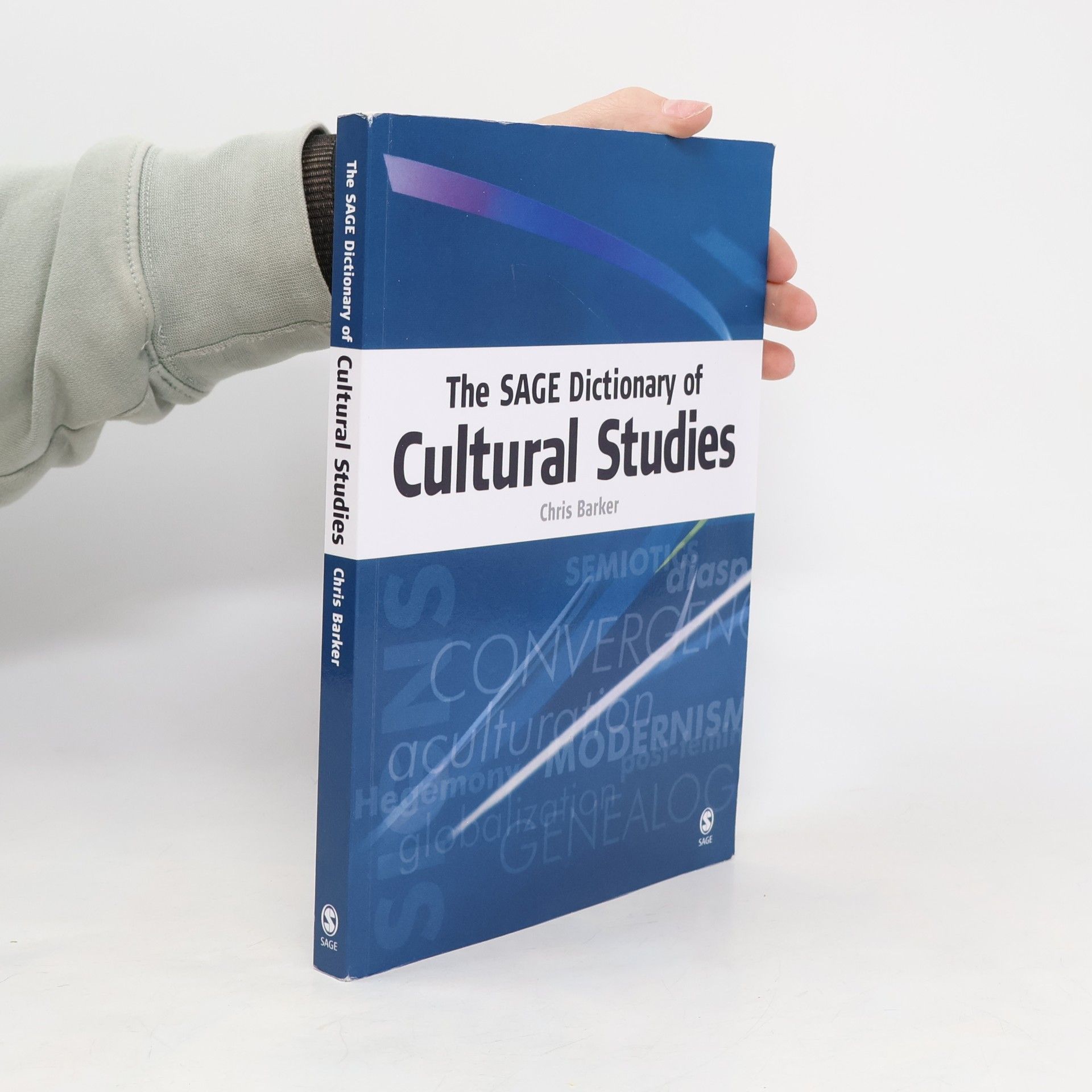Chris Barker Bücher






The Secrets of Dance Music Production
- 312 Seiten
- 11 Lesestunden
The world's leading electronic music production magazine delivers the definitive guide to making cutting-edge dance music. Featuring 312 color pages packed with technique, tips, illustrations and hands-on walkthroughs, The Secrets of Dance Music Production pulls together everything you need to take a mix from concept to club-ready master – whether you make house or techno, 2-step or D&B, EDM or trance. Topics include studio fundamentals, the golden rules of mixing, essential techniques, improving writing chops, bigger beats, learning from the masters and more.
Cambridge Global English Stages 7-9 follow the Cambridge Lower Secondary English as a Second Language (ESL) Curriculum Framework.
Journey back in time and find out where dinosaurs roamed. This unique children's atlas explores each continent, revealing fossil sites and stories. Packed with maps of early Earth and more than 40 profiles of dinosaurs and other prehistoric animals. Stare down a T Rex in North America. Watch out for Velociraptors' slashing claws in the Gobi Desert. Trek across the Siberian tundra and discover a woolly mammoth. This stunning book uses breathtaking computer-generated imagery to make every animal come to life. Using specially commissioned maps, this atlas also shows you what the world looked like millions of years ago.
Professional patisserie : for levels 2,3 and professional chefs
- 418 Seiten
- 15 Lesestunden
Written by leading chef lecturers who have been pastry chefs at the Ritz and Claridge's, 'Professional Patisserie' covers everything needed to help develop industry-standard skills and knowledge whether starting at Level 2, working towards Level 3, or looking to advance current skills further. Master essential skills with step-by-step photo sequences and 400 colour photographs that illustrate hundreds of different skills, products, and processes, from petit fours to chocolate and decorative pieces.
Cambridge Global English Stages 7-9 Stage 8 Workbook
- 128 Seiten
- 5 Lesestunden
Workbook 8 is organised into eighteen thematic units of study based on the Cambridge International Examinations English as a Second Language Scheme of Work for Stage 8 The units are carefully structured to reinforce the language learning of the Coursebook, at the same time as extending students' knowledge via a range of exercise types. CEFR Level: B1.
Continuations and Natural Language
- 228 Seiten
- 8 Lesestunden
This book takes concepts developed by researchers in theoretical computer science and adapts and applies them to the study of natural language meaning. Summarizing over a decade of research, Chris Barker and Chung-chieh Shan put forward the Continuation Hypothesis: that the meaning of a natural language expression can depend on its own continuation
Cambridge Global English Stage 9 Workbook
- 128 Seiten
- 5 Lesestunden
Cambridge Global English Stages 7-9 follow the Cambridge Lower Secondary English as a Second Language (ESL) Curriculum Framework.
The SAGE Dictionary of Cultural Studies
- 240 Seiten
- 9 Lesestunden
`A scholarly lexicon and stimulating "rough guide" for cultural studies as it confronts and navigates the shifting sands of past, present and future′ - Tim O′Sullivan, Head of Media and Cultural Production, De Montfort University `I′m certain undergraduate and postgraduate readers will consider the Dictionary to be a highly useful resource. Taken together, the definitions provide a effective overview of the field′ - Stuart Allan, Reader in Cultural Studies, University of the West of England, Bristol `Any student wishing to acquaint her or himself with the field of cultural studies will find this an enormously useful book′ - Joke Hermes, Editor, European Journal of Cultural Studies and Lecturer in Television Studies, University of Amsterdam Containing over 200 entries on key concepts and theorists, the Dictionary provides an unparalled guide to the terrain of cultural studies. The definitions are authoritative, stimulating and written in an accessible style. There are up-to-date entries on new concepts and innovative approaches. An ideal teaching and research resource, the Dicitionary can also be used as a companion to Chris Barker′s highly successful Cultural Theory and Practice (Second Edition, SAGE, 2003) and in conjunction with his Making Sense of Cultural Studies (SAGE, 2002)
Cambridge Global English Stage 8 Coursebook with Audio CD
- 152 Seiten
- 6 Lesestunden
Cambridge Global English Stages 7-9 follow the Cambridge Lower Secondary English as a Second Language (ESL) Curriculum Framework.



